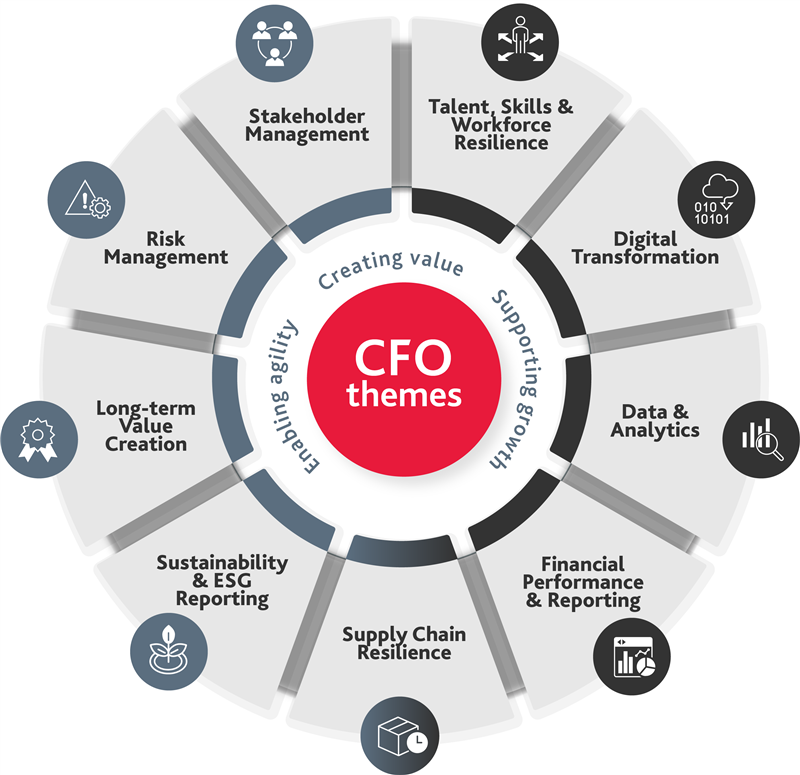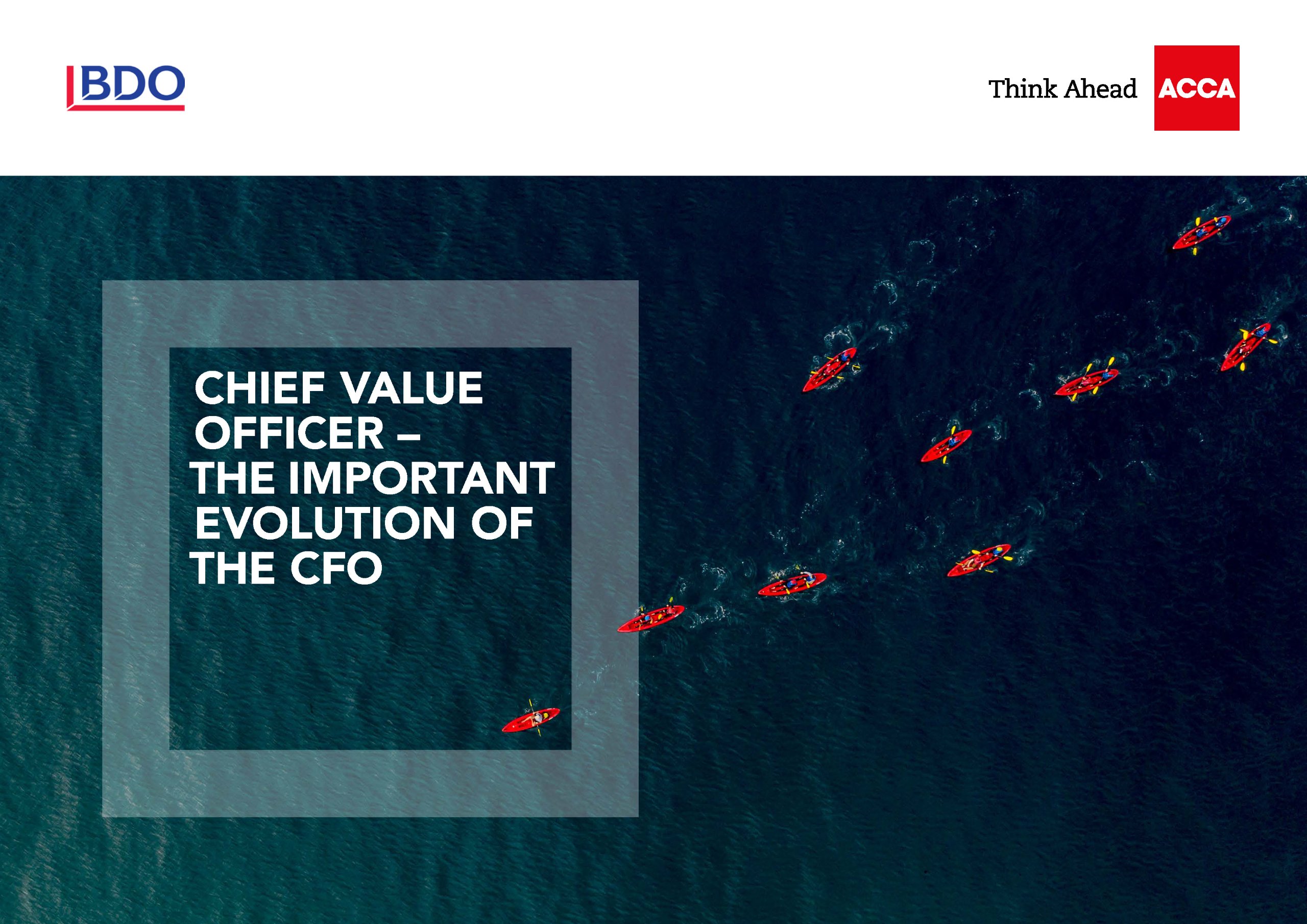

CFOs are now responsible for getting the balance right between short-term objectives and long-term value creation. As exemplified in one case study in this series, these two seemingly conflicting objectives can represent a harmonious balance. The Chief Value Officer (CVO), as the right hand of the Chief Executive Officer, is responsible for delivering value-driven strategic success. The link between an organisation’s values and the delivery of value to stakeholders is also clearly articulated.
Many of the CFOs we interviewed highlighted how through strategic goals and reporting the organisation delivers for the public good. Whilst the stakeholders may not be readily identifiable beyond the financial lens, as demonstrated by a practical example using tools such as the IIRC’s Integrated Reporting Framework (which has now been incorporated into the work of the IFRS Foundation) can provide a ready lens for the reporting of value.
Investment in a sustainable future requires a balance of people-, profit- and planet-centric views of performance, often challenging traditional approaches to business case development and investment appraisal.
Measuring a truly value-centric view of performance relies upon the finance function having a clear understanding of the organisation’s operating model. As the case studies demonstrate, having a holistic view of performance can drive substantial growth, often in organisations whose purpose clearly demonstrates how society benefits from their existence.
The role of the finance function in delivering data governance across the organisations is paramount. In a value centric performance model this data does not simply include financial elements, it also embraces less structured data that supports strategic objectives around natural, human and intellectual capitals. Establishing and maintaining integrity over these data sources presents new challenges for the finance function. Sound insight and strategic guidance are built upon this base.
Each of these case studies is a strong testament to the evolution of the CFOs interviewed into being a CVO. They underpin how the effective finance function is critical to organisational success. Yet that function must adapt to the changing world in which it operates.
Value does not compromise profit; it makes profit stronger in the longer-term.